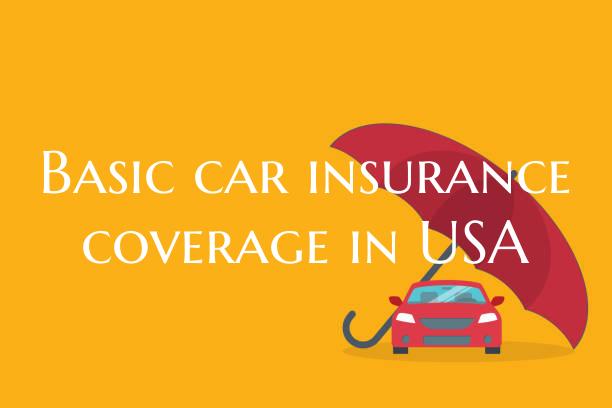When it comes to owning and driving a vehicle in the United States, having car insurance is not just a recommended precaution - it is often required by law. Basic car insurance coverage in the USA typically includes liability insurance, which helps cover costs associated with injuries and property damage you are found responsible for in an accident.
Liability insurance is generally broken down into two main components: bodily injury liability and property damage liability. Bodily injury liability helps cover expenses such as medical bills, lost wages, and legal fees for the other party involved in the accident if you are deemed at fault. Property damage liability, on the other hand, covers the cost of repairing or replacing the other party's property, such as their vehicle or any structures that were damaged in the accident.
In addition to liability insurance, many states also require drivers to carry personal injury protection (PIP) or medical payments coverage. PIP helps cover medical expenses for you and your passengers in the event of an accident, regardless of who was at fault. Medical payments coverage provides similar benefits but is limited to covering medical expenses and may not offer the same level of protection as PIP.
While these are the basic types of car insurance coverage required in the USA, it's important to note that insurance requirements can vary by state. Some states may have additional coverage requirements, such as uninsured/underinsured motorist coverage, which helps protect you if you are involved in an accident with a driver who does not have sufficient insurance coverage.
When shopping for car insurance, it's essential to understand the specific requirements in your state and consider additional coverage options based on your individual needs and budget. By having the right basic car insurance coverage in place, you can protect yourself, your passengers, and your finances in the event of an accident.

